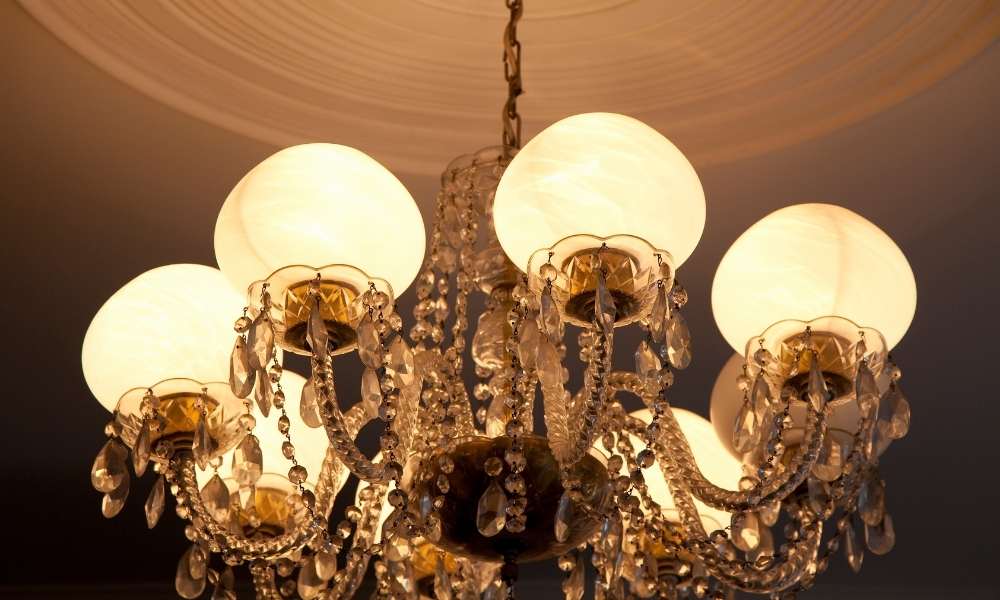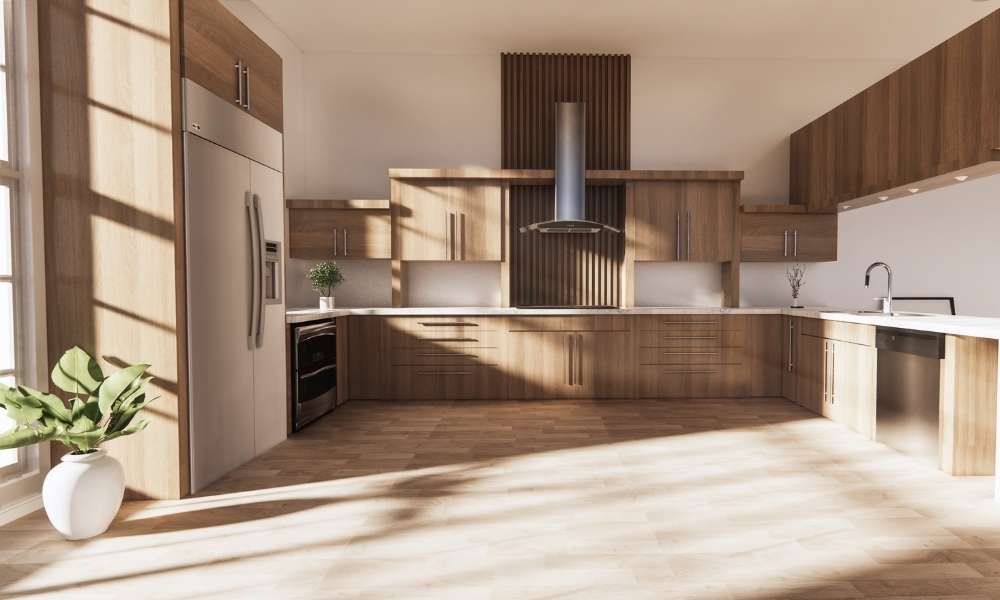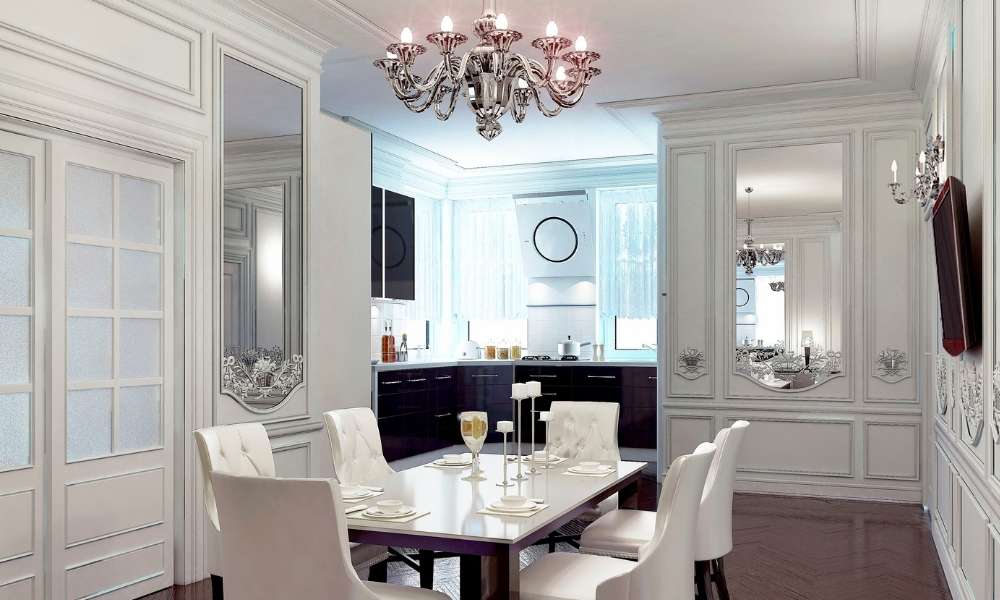Quartz countertops are A popular choice for both residential And commercial kitchens due to their durability, Low maintenance, And aesthetic appeal. Engineered from A blend Of natural quartz, How thick is quartz countertop resins, And pigments, These countertops offer A wide range Of colors And patterns, Mimicking the look Of natural stone while providing enhanced performance. One Of the critical aspects that influence the functionality And design Of crystal counters is their thickness.
The thickness Of A crystal countertop not only affects its structural integrity And durability but also impacts its visual appeal And cost. Thicker counters tend to be more robust And can handle heavy use without cracking or chipping, Making them ideal for high-traffic areas. Additionally, The choice Of thickness can complement various design styles, From sleek And modern to substantial And traditional. Understanding the importance Of countertop thickness helps in making informed decisions that balance aesthetics, Practicality, And budget.
What are the standard thicknesses for quartz countertops?
Quartz countertops are available in several standard thicknesses, Each catering to different design preferences And functional needs. The most common thicknesses for quartz countertops are 1 cm (approximately 3/8 inch), 2 cm (3/4 inch), and 3 cm (1 1/4 inch). Each thickness offers unique benefits. The 1 cm thickness, Often used for vertical applications such as backsplashes or wall cladding, quartz, How thick is quartz countertop Provides A sleek And modern look. The 2 cm thickness strikes A balance between elegance And practicality, Suitable for A variety Of residential applications without requiring extensive structural support. The 3 cm thickness is the most robust option, Ideal for high-traffic areas And heavy-use surfaces, Offering maximum durability And A substantial, Luxurious appearance. Understanding these standard thicknesses allows homeowners And designers to select the most appropriate option for their specific project, Ensuring both aesthetic appeal And functional longevity.
Which thickness is most commonly used for quartz countertops in kitchens?
In kitchen design, The most commonly used thickness for quartz countertops is 3 cm (1 1/4 inch). This thickness is favored for its superior durability, Robust appearance, And ability to withstand the demands Of A busy kitchen environment. The 3 cm quartz countertop provides A substantial, quartz, how thick is quartz countertop Luxurious look that complements A wide range Of kitchen styles, From traditional to contemporary. Its increased thickness offers enhanced structural integrity, Reducing the need for additional support And making it an ideal choice for expansive kitchen islands And large countertop spans. Additionally, The 3 cm thickness provides better resistance to impact, Chipping, And cracking, Ensuring long-term performance And longevity. While it is generally more expensive than thinner options, The investment in A 3 cm crystal countertop is often justified by its exceptional durability And aesthetic appeal, Making it A preferred choice for both homeowners And professional kitchen designers.
1. Understanding Quartz Countertops
Quartz countertops have garnered immense popularity in recent years, Owing to their exceptional composition And numerous advantages over traditional countertop materials. Composed primarily Of natural quartz crystals mixed with resins And pigments, Crystal countertops offer A perfect blend Of durability And aesthetic appeal. This engineered stone combines the beauty Of natural stone with the strength And consistency Of modern manufacturing techniques, Resulting in A surface that is non-porous, quartz, How thick is quartz countertop resistant to stains, And incredibly resilient against scratches And chips.
Additionally, The wide range Of colors And patterns available in crystal allows for greater design flexibility, Ensuring that homeowners can find the perfect match for their interior aesthetic. Easy maintenance, And stunning visual appeal, Crystal stands as A premier choice for discerning homeowners seeking both style And practicality in their kitchen And bathroom surfaces. Removing rust from A quartz countertop requires A gentle yet effective approach to avoid damaging the surface.
2. Standard Thickness Options
When choosing the right thickness for quartz countertops, Understanding the standard options is essential for making an informed decision. Typically, Quartz countertops are available in three standard thicknesses: 1 cm, 2 cm, And 3 cm. Each thickness offers its own set Of advantages And considerations. The 1 cm thickness option provides A sleek And modern aesthetic, Ideal for minimalist designs And spaces where weight is A concern. On the other hand, The 2 cm thickness strikes A balance between aesthetics And durability, quartz.
How thick is quartz countertop offering sufficient strength for most residential applications while maintaining A relatively slim profile. The 3 cm thickness is the most robust option, Providing maximum durability And visual impact, Making it well-suited for high-traffic areas And commercial settings. Understanding these common industry standards empowers homeowners And designers to select the thickness that best suits their specific needs, Whether prioritizing style, Functionality, Or A combination Of both.
3. Maintenance And Durability
When it comes to maintaining quartz countertops, The thickness can influence the maintenance requirements And long-term durability. Thicker countertops, Such as the standard 2 cm And 3 cm options, Generally offer enhanced durability due to their greater structural integrity. This added thickness provides better resistance against impacts, Scratches, And other forms Of wear And tear, Making them suitable for high-traffic areas And heavy kitchen use. However, quartz counters are inherently low-maintenance regardless Of thickness, Requiring only routine cleaning with mild soap And water to maintain their pristine appearance. Additionally, Many manufacturers offer warranties on their crystal counters, Providing peace Of mind And quality assurance. Homeowners need to consider both the maintenance needs And 1arranty coverage when selecting the thickness Of their crystal counters, Ensuring they choose an option that not only looks beautiful but also stands the test Of time with minimal upkeep.
How does the thickness of a quartz countertop affect its durability?
The thickness Of A quartz countertop significantly impacts its durability, With thicker options providing greater strength And resilience. Quartz countertops are typically available in 1 cm, 2 cm, And 3 cm thicknesses, With the 3 cm option offering the highest level Of durability. Thicker countertops, Such as the 2 cm And 3 cm variants, Are better equipped to withstand daily wear And tear, Including impacts, Scratches, And heat exposure. The increased mass And structural integrity of thicker quartz also reduce the likelihood of sagging or warping over time, particularly in large, Unsupported spans. Additionally, Thicker counters do not require as much additional support during installation, Smplifying the process And ensuring A more stable surface. Ultimately, Choosing A thicker quartz countertop enhances both the functional durability And the longevity Of the surface, Making it A wise investment for high-traffic areas like kitchens And bathrooms.
Are there any advantages to choosing a thinner quartz countertop?
Yes, There are several advantages to choosing A thinner quartz countertop, Such as the 1 cm (3/8 inch) or 2 cm (3/4 inch) options. Thinner quartz countertops provide A sleek, Modern aesthetic that can enhance contemporary or minimalist design schemes. Their lighter weight makes them easier to handle And install, Reducing the overall installation time And labor costs. This can be particularly beneficial in renovations where structural support might be limited. Additionally, Thinner counters are often more cost-effective, As they require less material without compromising on the inherent benefits Of quartz, Such as non-porosity And stain resistance. Wall cladding, And even custom furniture pieces, offering design flexibility. While they may require additional support or reinforcement in some horizontal applications, Thinner quartz countertops can still provide A durable, Stylish surface at A lower cost, Making them an attractive option for budget-conscious projects or innovative designs.
Conclusion
Selecting the right thickness for quartz countertops is A pivotal decision that impacts both functionality And aesthetics. The standard options—1 cm, 2 cm, And 3 cm—each offer distinct advantages. Thinner 1 cm countertops provide A sleek, Modern look, While the 2 cm thickness balances elegance And strength, And the 3 cm thickness offers maximum durability And A robust appearance. Maintenance requirements remain minimal across all thicknesses, With regular cleaning ensuring longevity And pristine condition. Moreover, Understanding warranty terms can further guide the decision-making process. Ultimately, Choosing the appropriate thickness involves considering your specific needs, Design preferences, And budget constraints. By evaluating all these factors carefully, Homeowners And designers can make A well-informed decision, Ensuring that the selected quartz countertop not only enhances the space visually but also meets practical requirements for years to come.





